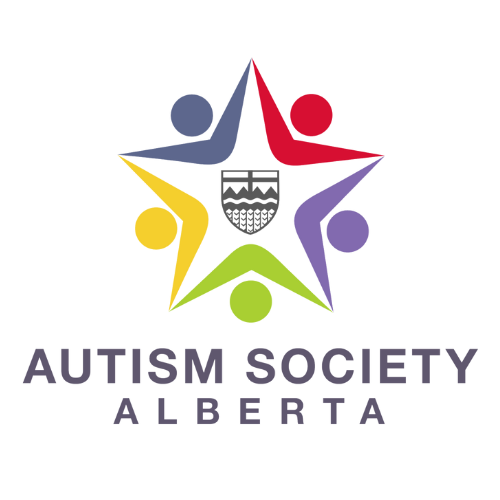Day One
Moving Alberta Toward Timely Access for the Youngest of Children
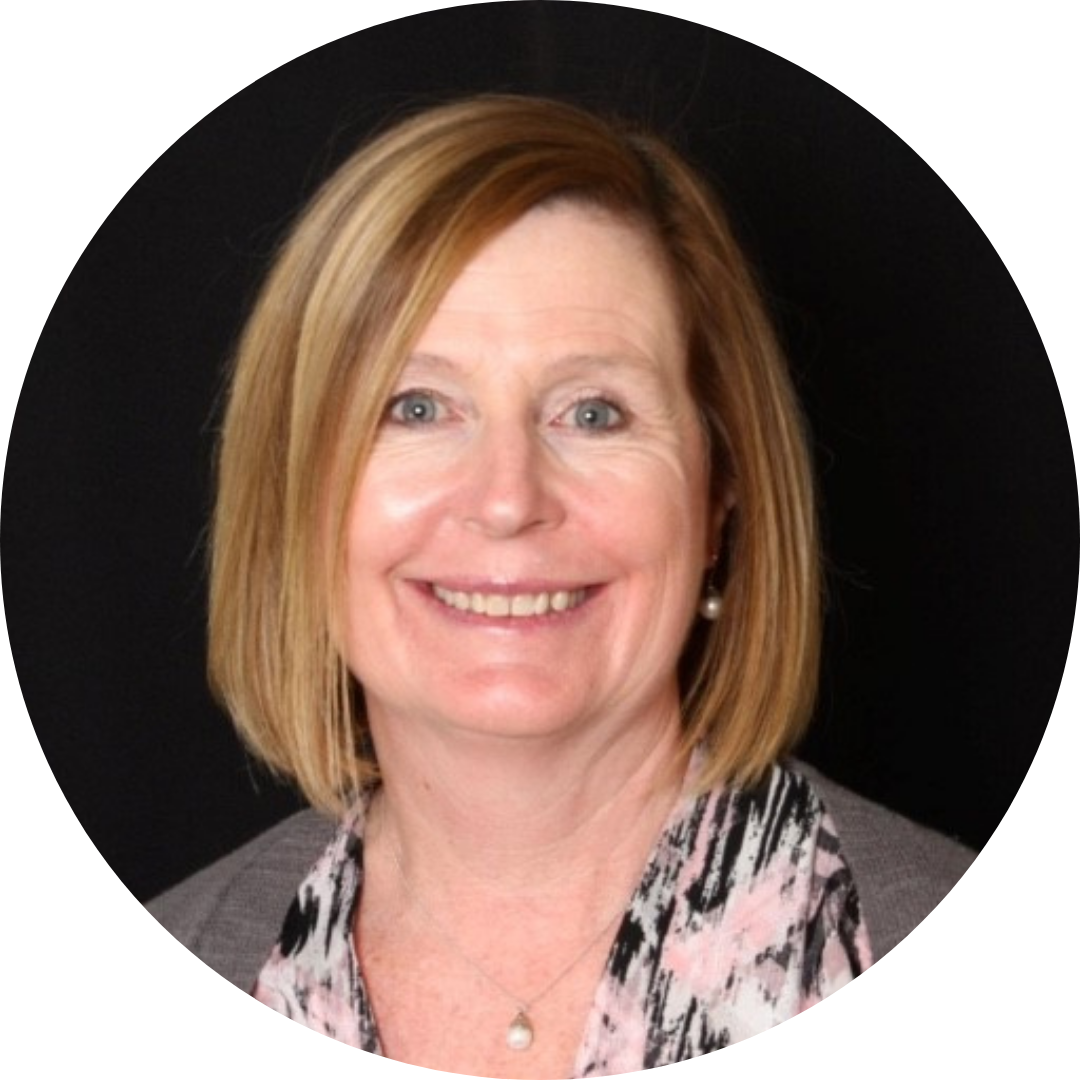
Kimberly Ward (she/her) – Kim completed her Ph.D. in Clinical Psychology in 1995 at the University of Calgary. During her years in graduate school, she focused specifically on the social-cognitive differences associated with Autism. Kimberley became a Registered Psychologist in 1996 and joined the clinical team at Society for Autism Support and Services (SASS) (formerly Society for Treatment of Autism). After serving as the Clinical Director for nine years, she transitioned to the role of Executive Director in 2018. Kim joined the Canadian Autism Alliance of Canada Board of Directors in 2020 where she serves as the Chair of the Governance Committee and Board Secretary.
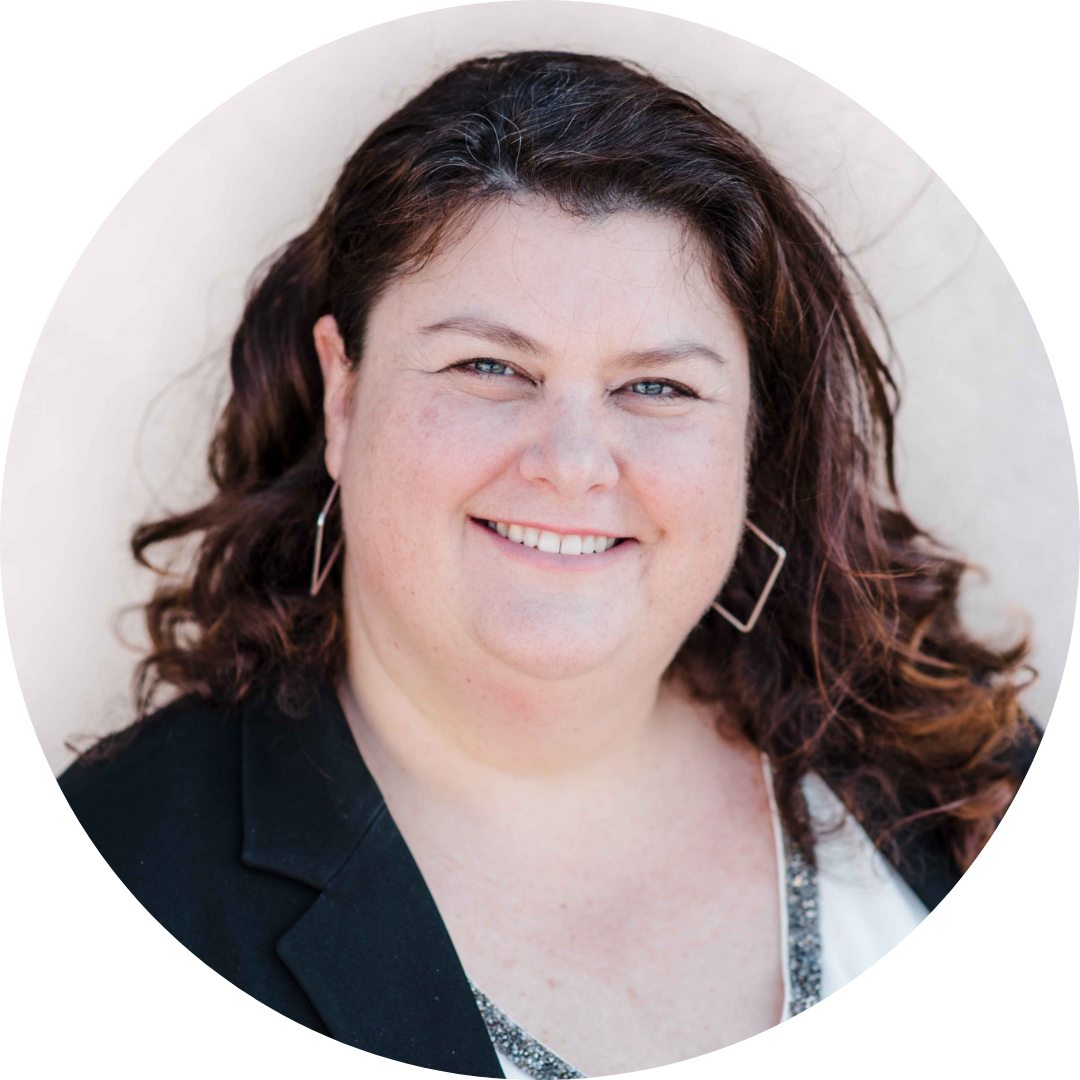
Terri Duncan, MSLP, R.SLP, S-LP (C) –Terri Duncan is the founder and Executive Director of Children’s Autism Services of Edmonton. She is a registered speech language pathologist and has worked with children with autism and a broad range of developmental delays for more than 25 years. Terri has her B.A. in Psychology and Linguistics from the University of Ottawa and her Master’s Degree in Speech Language Pathology from the University of Alberta. Terri’s interest in working with children with autism began when she worked as an aide with a four-year-old boy with autism in a family’s home in the early 90’s. Since that time she has been fascinated by the complexity of autism and the resilience of families dealing with the challenges they face on a daily basis. Terri started Children’s Autism Services of Edmonton in 2004 and since that time, the organization has grown to be one of the largest service providers in Western Canada.
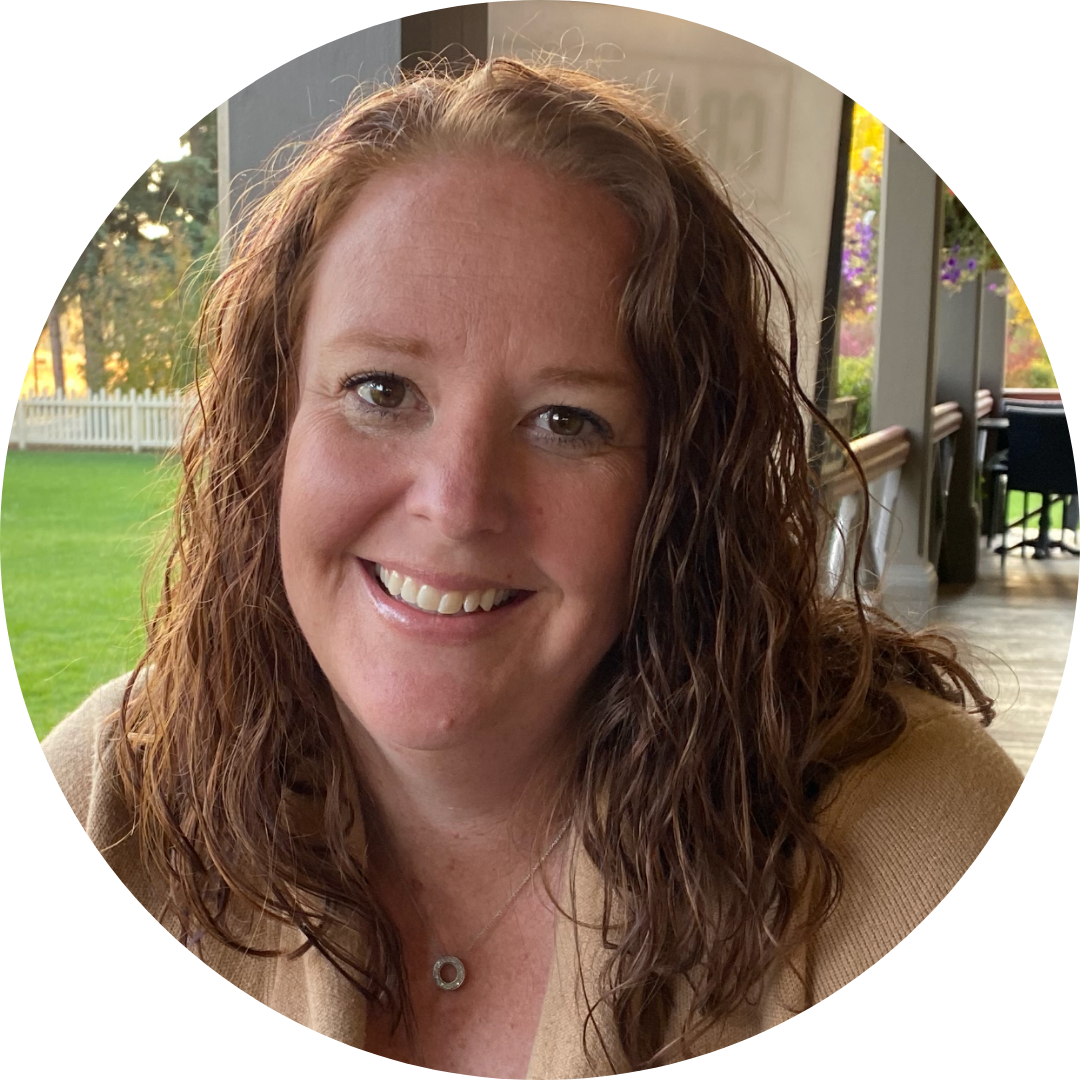
Shelley Booker Salvador is a speech-language pathologist who has specialized in supporting autistic children and adults for over 20 years. Shelley’s been involved in research and program development throughout her career, presenting on a variety of communication-related topics and research outcomes across Canada and internationally. In 2019, she initiated the development of LEAP (Learning, Engagement, and Play) at Society for Autism Support and Services, a program specifically designed to support infants and toddlers diagnosed with or at-risk for autism.
Mission Possible: Working towards provincial assessment best practice standards and building capacity
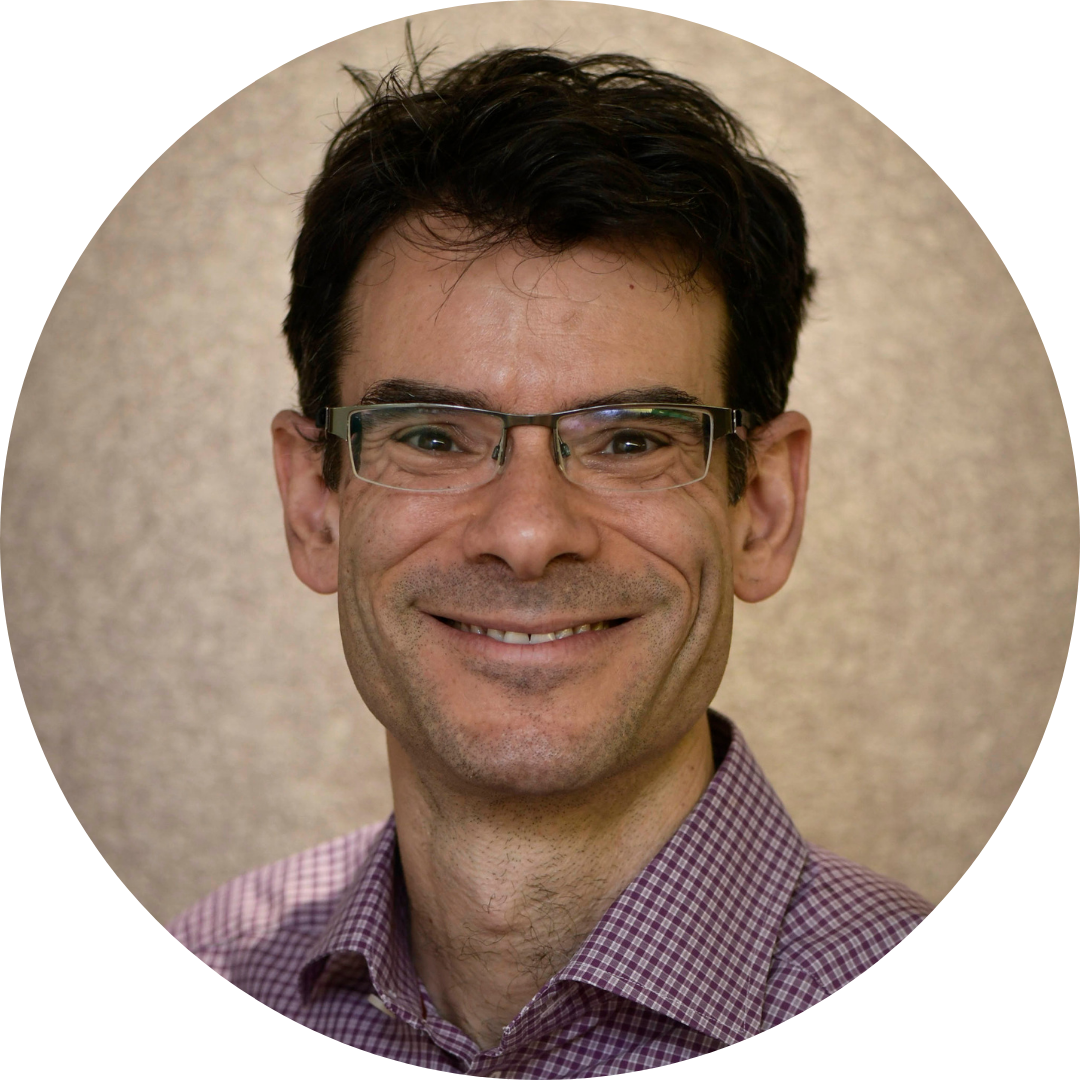
Lonnie Zwaigenbaum, MD – Lonnie is a developmental pediatrician at the Glenrose Rehabilitation Hospital, where he directs the Autism Research Centre. He completed his clinical training in Toronto and research training at McMaster University in Hamilton, Ontario where he worked prior to moving to Edmonton in 2006. He is currently a Professor in the Department of Pediatrics at the University of Alberta and is supported by the Stollery Children’s Hospital Foundation Chair in Autism. He is the medical lead for the Neurodevelopmental Assessment and Consultation Service at the Glenrose and the Edmonton Zone Clinical Department Head for Child Health, Alberta Health Services. His current research focuses on improving early detection and timely diagnosis and health care related to autism.
Fostering Neuroinclusivity in Alberta
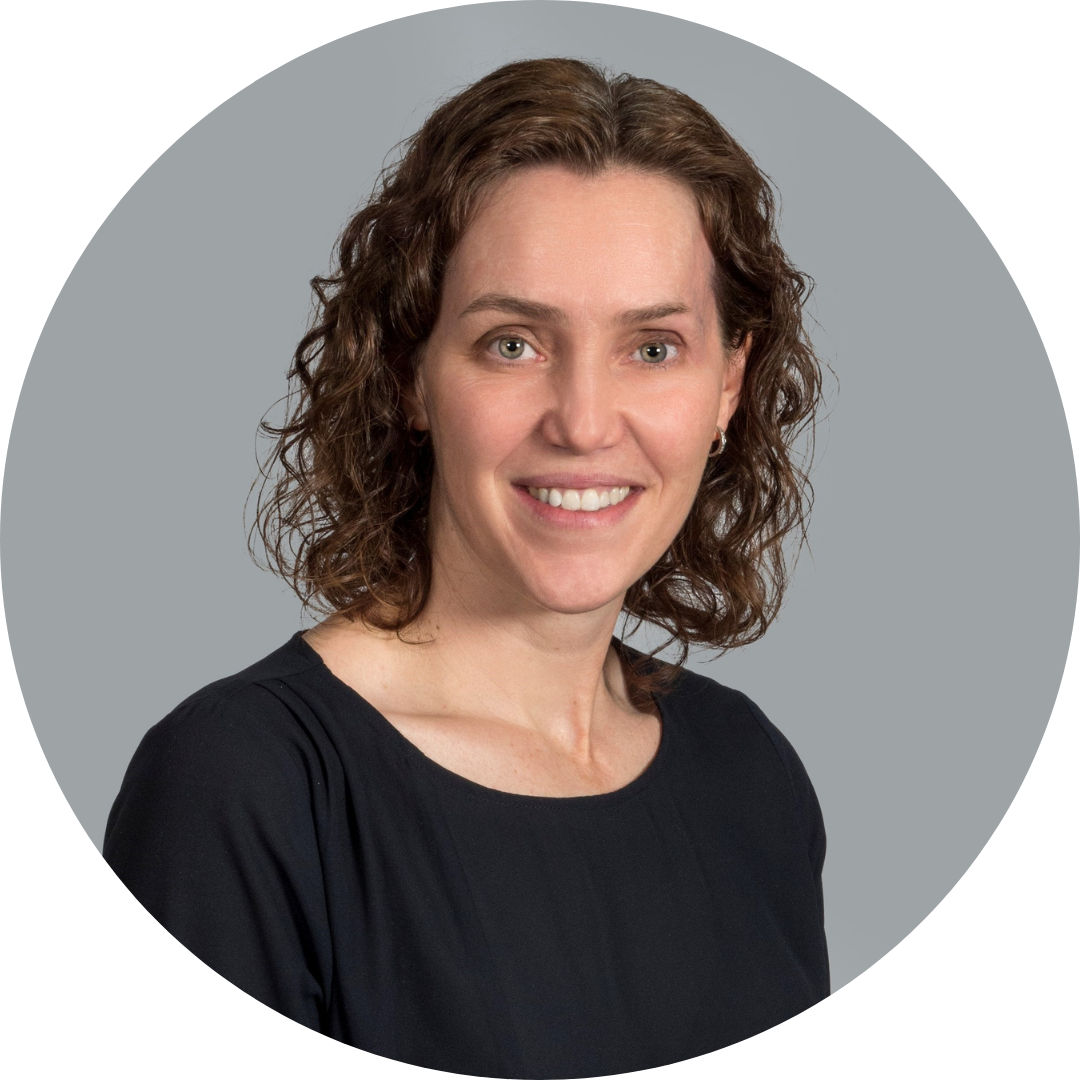
Tanya McLeod (she/her) – Tanya is President of The Sinneave Family Foundation in Calgary, Alberta; a national organization committed to providing value to the community by coordinating and investing in a portfolio of purposeful initiatives and projects aimed at enhancing opportunities in education, employment and housing for Autistic youth and adults. Tanya is a member of Autism Alberta’s Alliance Planning Committee and the Champion for Employment. Tanya is pleased to lead the National EmploymentWorks Project that supports working age Autistic Canadians to prepare for, get and keep jobs. She also champions Worktopia, an initiative to advance neuroinclusion in the workplace and is pleased to support the development of a provincial network for employment inclusion – the Alberta Employment First Network. She is a Certified Healthcare Executive and a decorated 20-year veteran, with a Master Degree in Health Administration, a Graduate Certificate in Health Systems Leadership, and a Bachelor’s degree in Chemical and Materials Engineering.
Emerging Opportunities to Advance Learner Outcomes and Student Well-Being
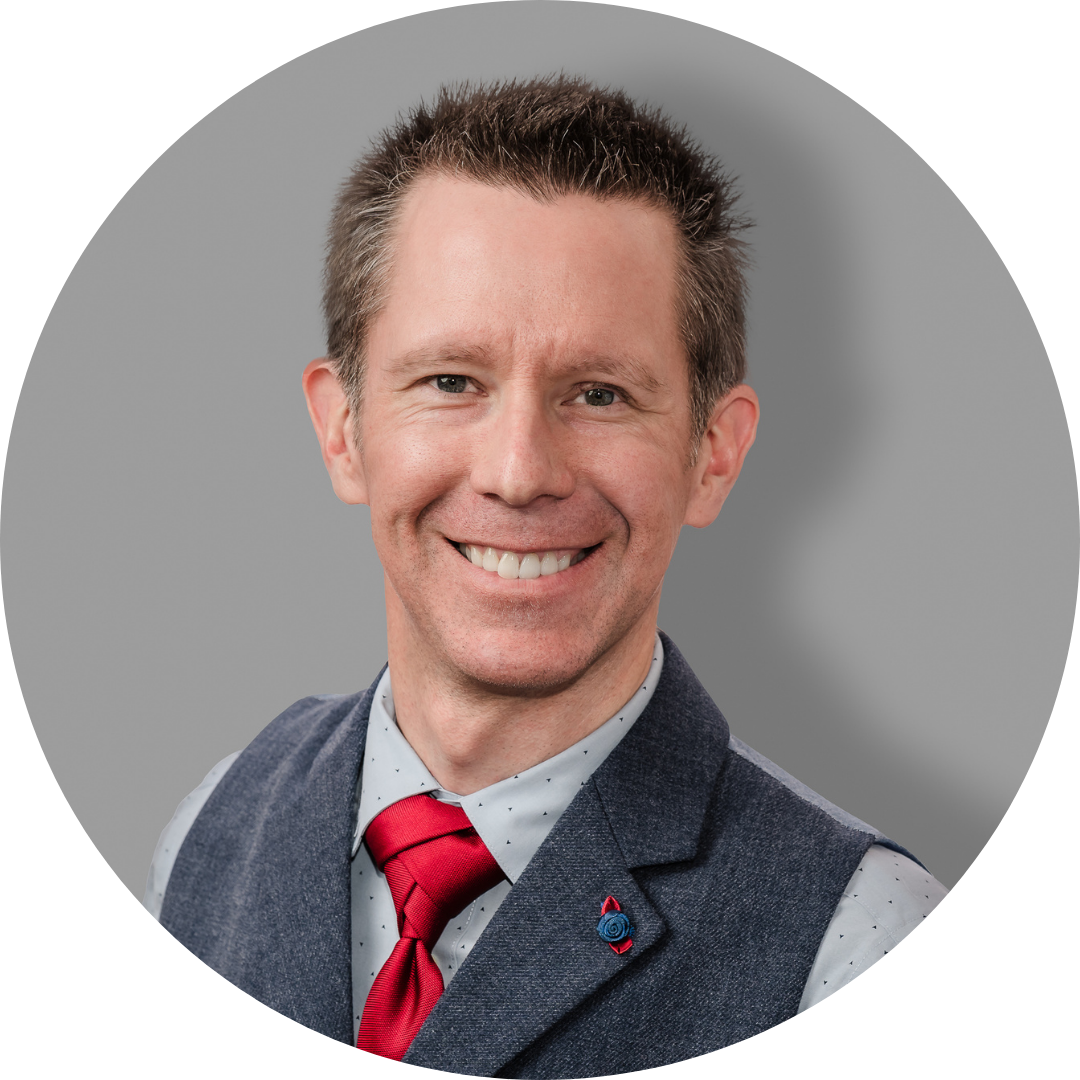
Shane L. Lynch (he/him) – Shane has been working with Autistic individuals and their families for over 25 years. He completed his PhD in Special/Inclusive Education at the University of Alberta specializing in Autistic students’ self-determination and intrinsic motivation in the classroom. Shane has served as a consultant to school districts across Alberta, the Yukon, and the Northwest Territories for students with severe and complex learning needs. In 2018, he joined The Sinneave Family Foundation where he is currently responsible for design and evaluation of novel services and resources that will address the needs of Autistic Albertans. As a Registered Psychologist, Shane also has a practice that serves individuals with high support needs who live in residential care across Northeastern Alberta.
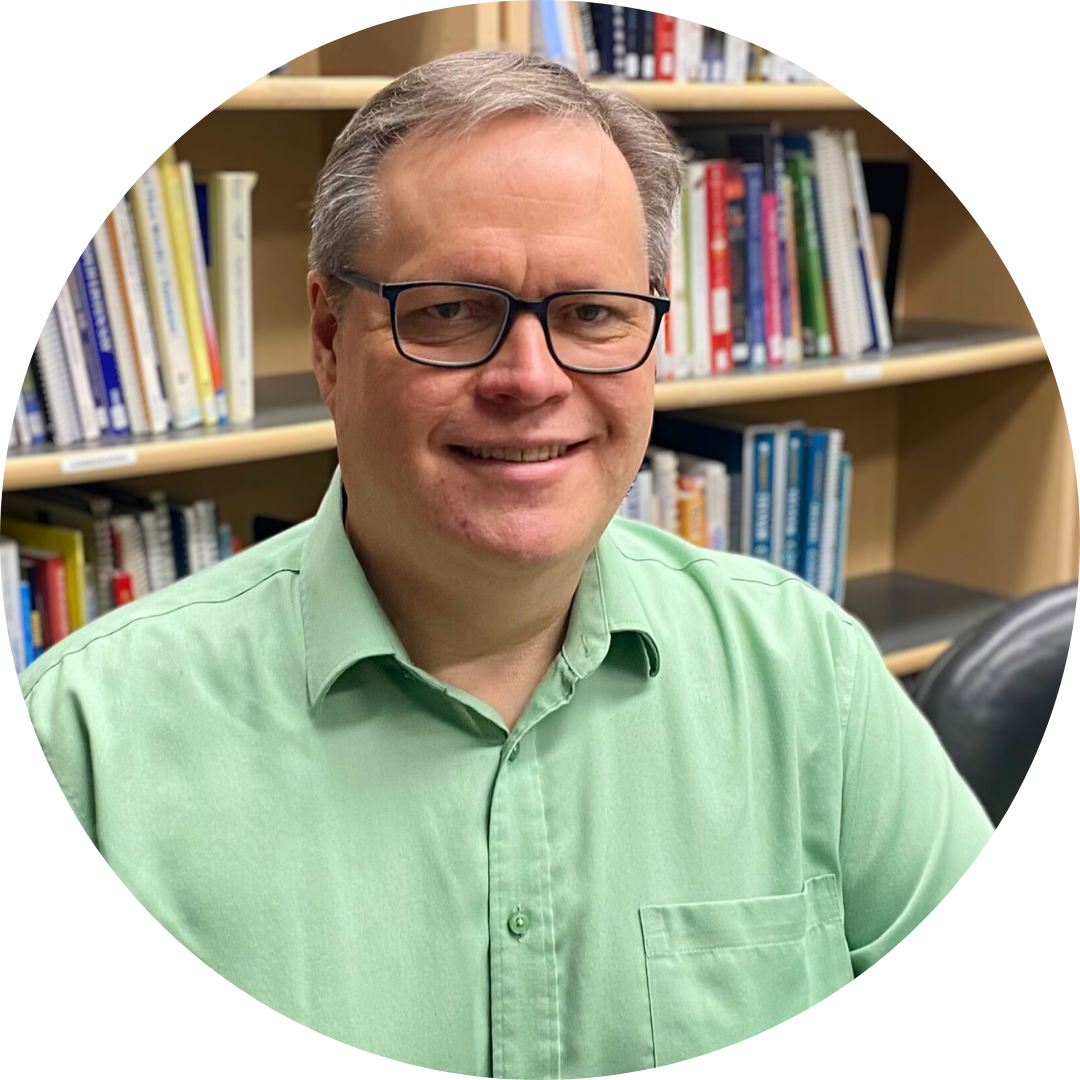
Lyndon Parakin – Lyndon Parakin is the executive director of Autism Calgary Association and the vice president of Autism Society Alberta. Over the last two decades Lyndon has worked with municipal, provincial and federal autism partners. He and his amazing partner are the proud parents of four young adults, his family sharing in the lived experience of neurodiversity and intellectual disability. Lyndon holds degrees in mathematics and computer science and has worked as a software scientist in computer simulation and 3D modeling.
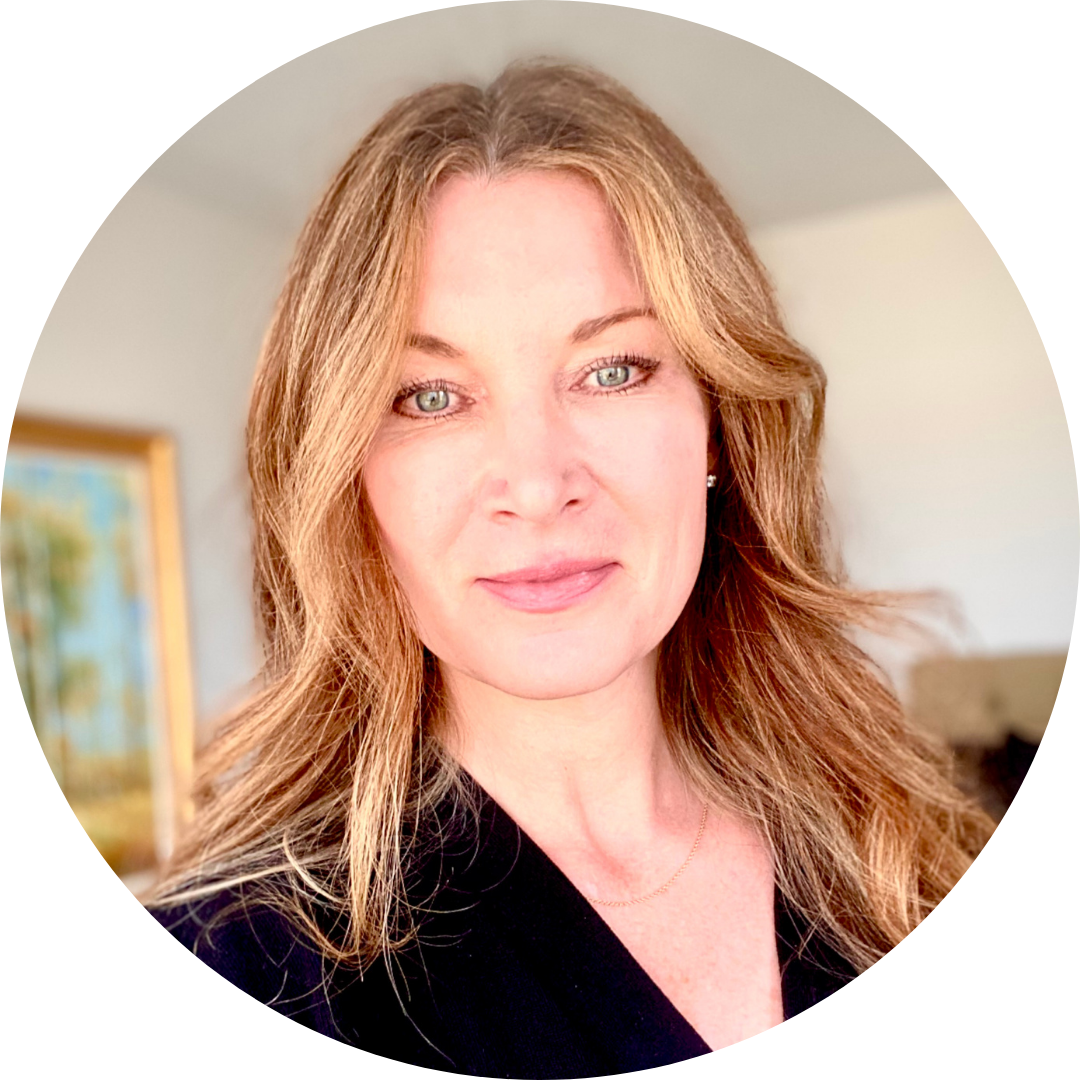
Chandra Lebenhagen – Dr. Chandra Lebenhagen is an education consultant in K-12 schools and a sessional instructor at several Canadian universities, where she teaches graduate courses in inclusive education, autism, and evidence-based practices to support students with disabilities in K-12 settings. Her research focuses on ethics, critical disability, inclusive education, and evidence-based practices to support neurodiverse learners.
Access to Post-Secondary Education
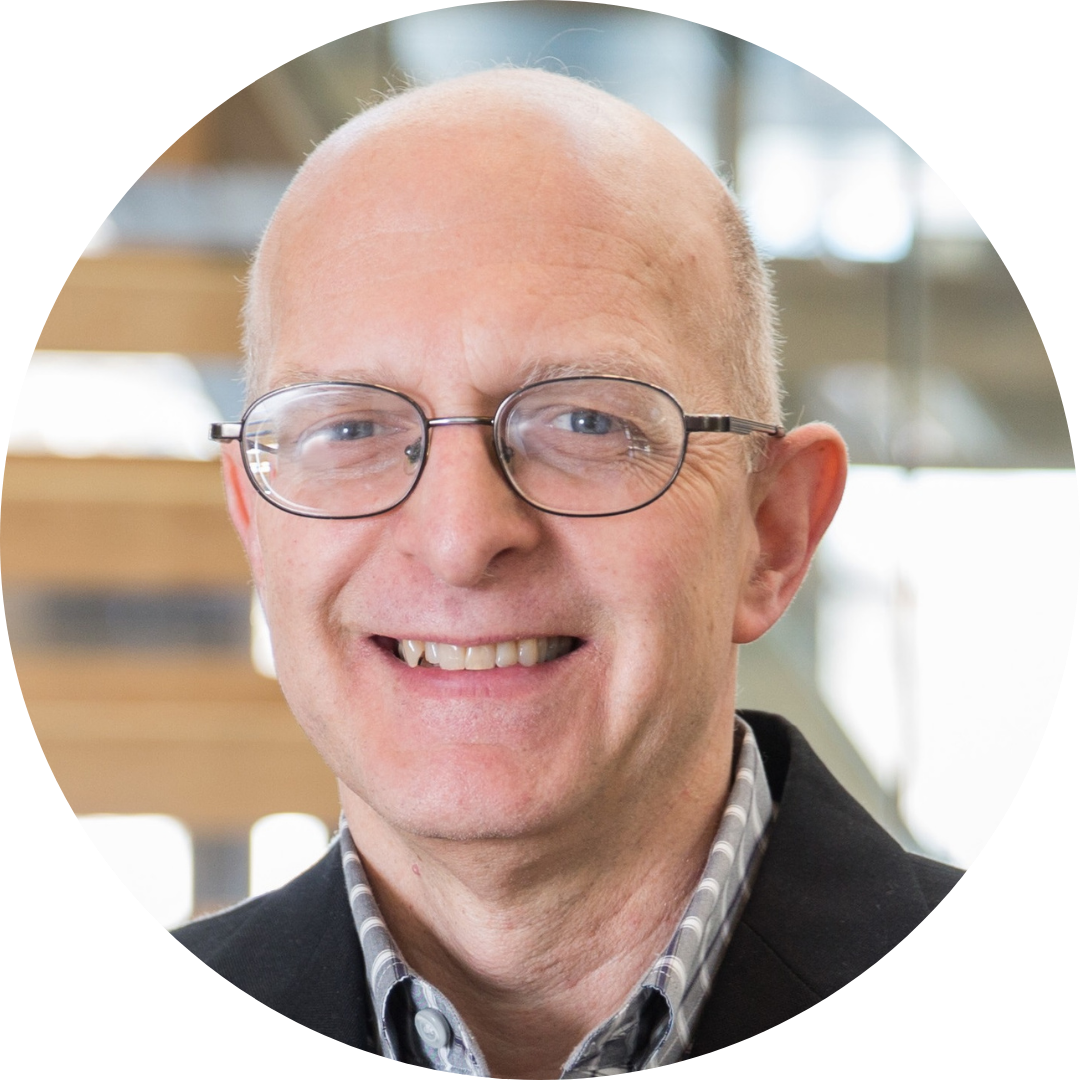
David Nicholas, PhD – Dr. David Nicholas is a family advocate, university instructor, researcher and social worker. He has been engaged in the Autism community for many years, and has been involved in several studies addressing post-secondary education among Autistic and Neurodivergent students. Dr. Nicholas is Professor and Associate Dean, Research and Partnerships in the Faculty of Social Work at the University of Calgary. He is a Fellow of the Canadian Academy of Health Sciences.
Dr. Nicholas was co-chair of the ‘Economic Impact’ sub-group in contributing to a report for the Public Health Agency of Canada by the Canadian Academy of Health Sciences. This report was developed to inform an eventual National Autism Strategy. An important component of this work included examining post-secondary education access for Autistic individuals. Beyond these areas of focus, Dr. Nicholas brings research experience in human rights and quality of life, transition to adulthood, and greater access to employment, with a focus on Autism. He has offered presentations nationally and internationally in the area of Autism. and has worked in the community to achieve greater equity and inclusion.
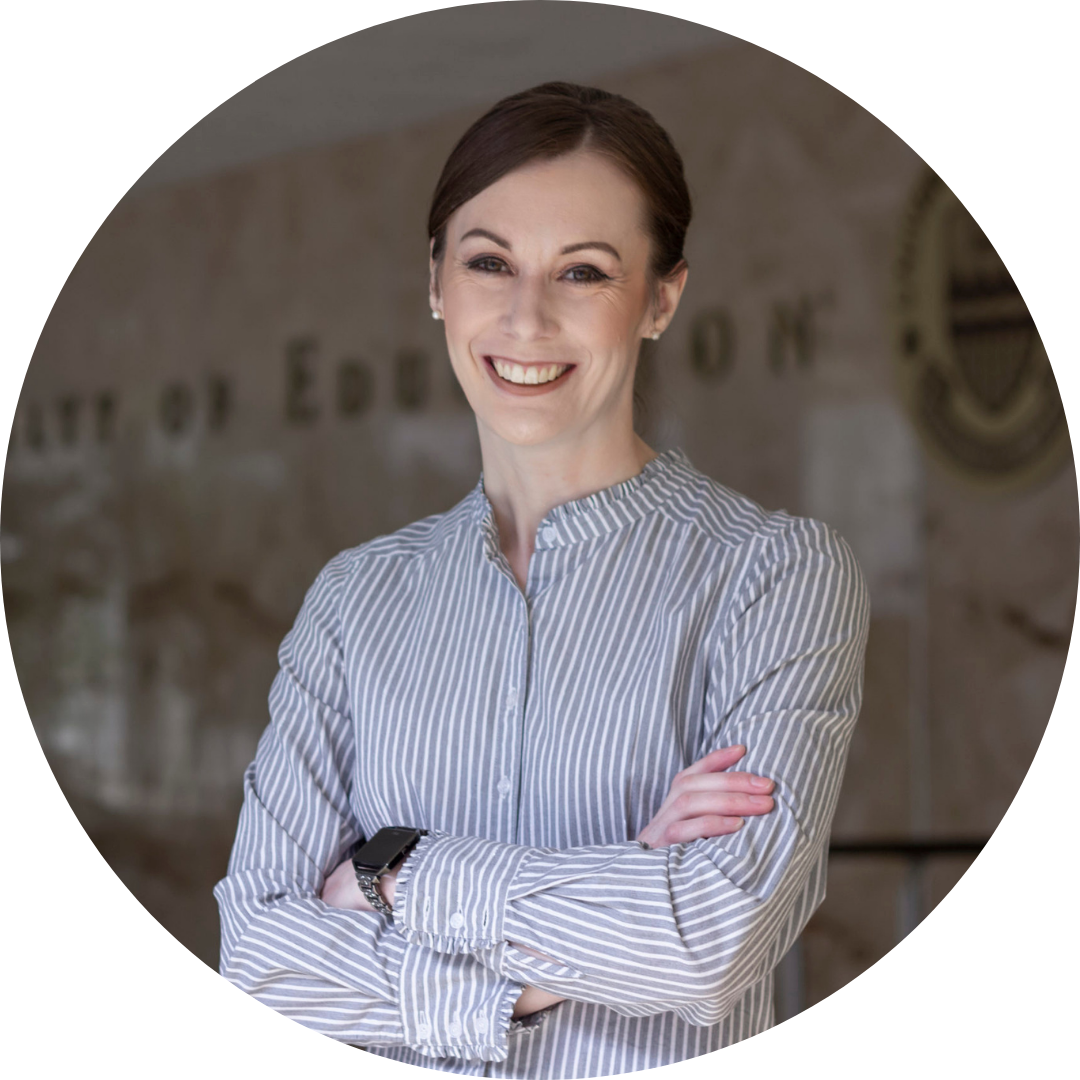
Heather M. Brown, PhD – Dr. Heather M. Brown was initially trained as an elementary school teacher but is now an Associate Professor in the Faculty of Education at the University of Alberta. She is also an Autistic researcher passionate about supporting the academic achievement and overall well-being of Autistic children, youth and adults. Her community-based participatory research aims to empower Autistic individuals to be more self-confident in their neurodiversity and better understand the factors that most support their well-being at home, work and school. She currently serves as the director of the Autism, Neurodiversity and Academic Achievement (AIDAN) Lab as well as the chair of both the Neurodiversity and Autism Research in Education Committee (NAREC) for the American Educational Research Association (AERA) and Autistic and Neurodivergent Scholars Working for Equity in Research (ANSWER) for the Autism Intervention Research Network on Physical Health (AIR-P) at UCLA.
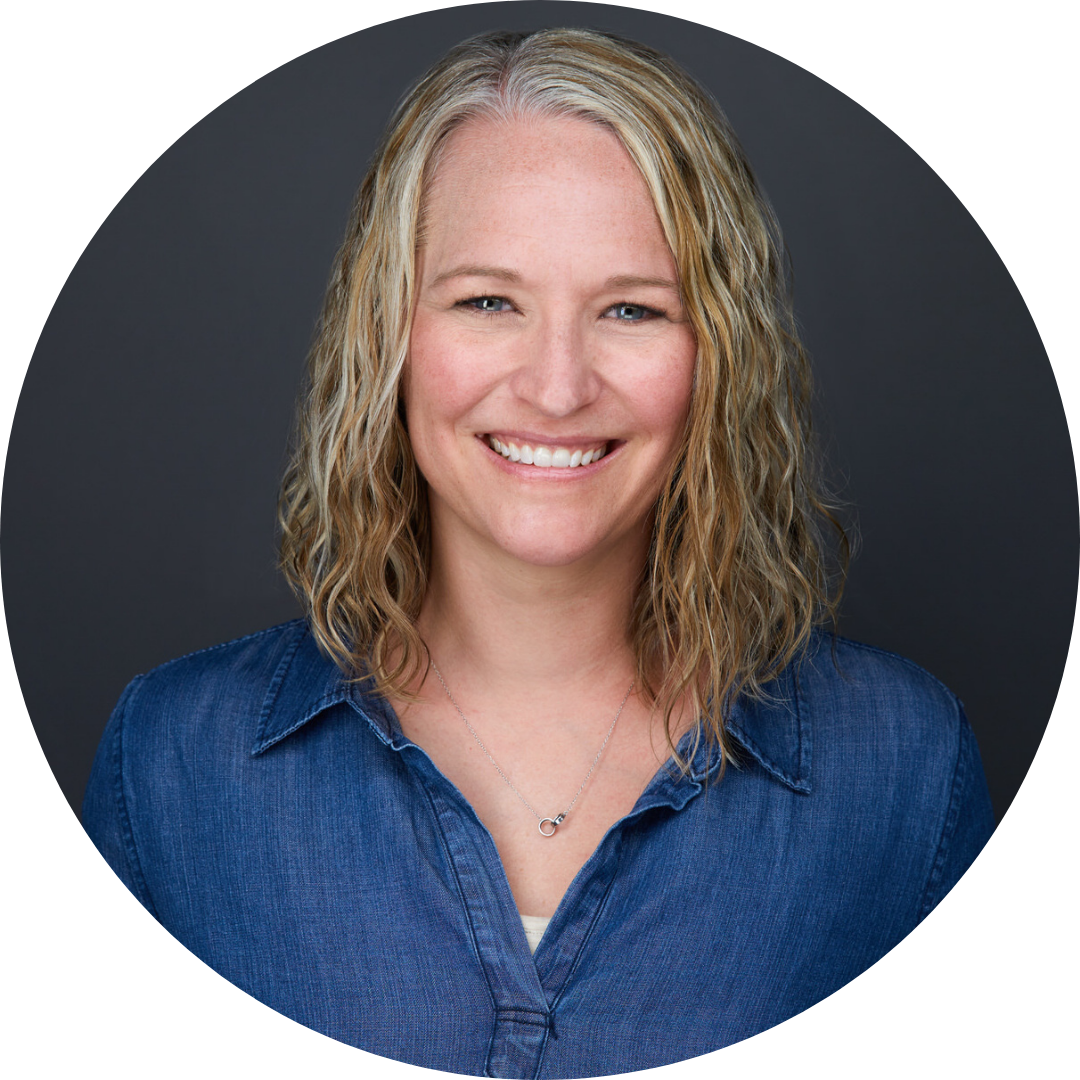
Sandy Thompson-Hodgetts, PhD, OT – Dr. Sandy Thompson-Hodgetts is a university instructor, researcher, occupational therapist, and ally. She is Associate Professor, Occupational Therapy, Faculty of Rehabilitation Medicine, University of Alberta. She has been engaged in the Autism community for the past two decades, and has been involved in multiple studies addressing inclusion, participation, self-determination, goal-setting, stigma, and transition planning for Autistic people across childhood, adolescence and adulthood. Dr. Thompson-Hodgetts believes that increasing the number of Autistic health care providers and educators is crucial to enhancing outcomes for Autistic people, and is a strong advocate for increasing opportunities for post-secondary education for people on the autism spectrum, especially in health, social service, and education professions.
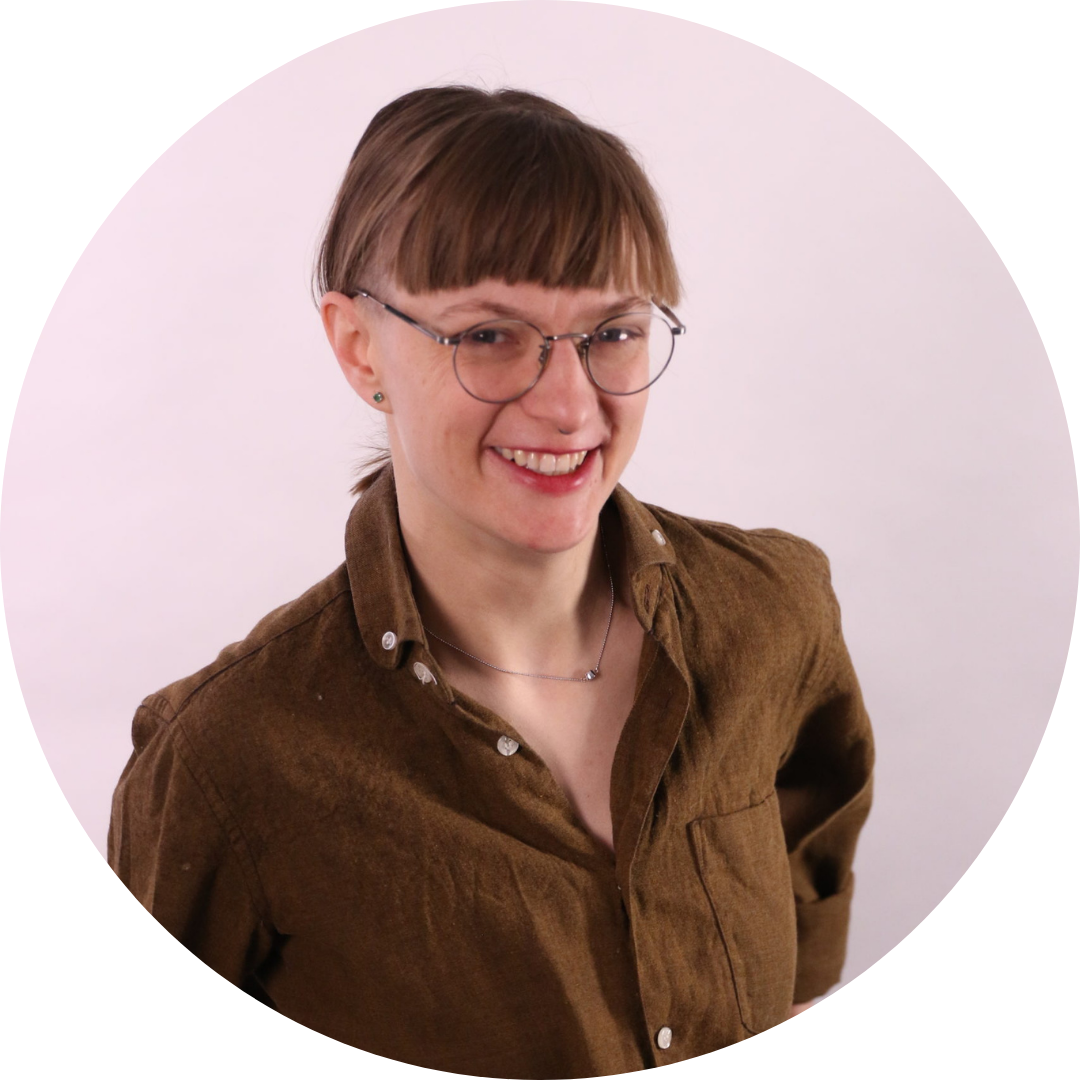
Brooke Leifso (she/they), MA – Brooke Leifso is a Disabled/Crip applied researcher and social change facilitator. She brings many levels of lived experience to the NorQuest College Workplace Accessibility research chair position and uses an intersectional disability justice social model approach in her work. She has lived experience of disability and disability advocacy, facilitating support groups for parents with disabilities (Gateway Association), and adults with developmental disabilities to self-advocate and build community (Self Advocate Federation) and has worked for many years as a front-line Child and Youthcare Counsellor working with youth in government care with multiple diagnoses. In addition, Brooke brings her graduate education in conflict transformation and peacebuilding and intercultural theory to disability focused accessibility and inclusion.
Brooke has led on two research projects using Autism CanTech! as a case study: addressing Autistic-led definitions of barriers and supports to employment, factors of good quality of work for Autistic youth, assured income impacts on employment quality, and the social return on investment of Autistic focused employment programs. Outside of employment accessibility, Brooke works within professional theatre and accessibility.
How current public policy addresses the housing needs of the Autistic community throughout Alberta
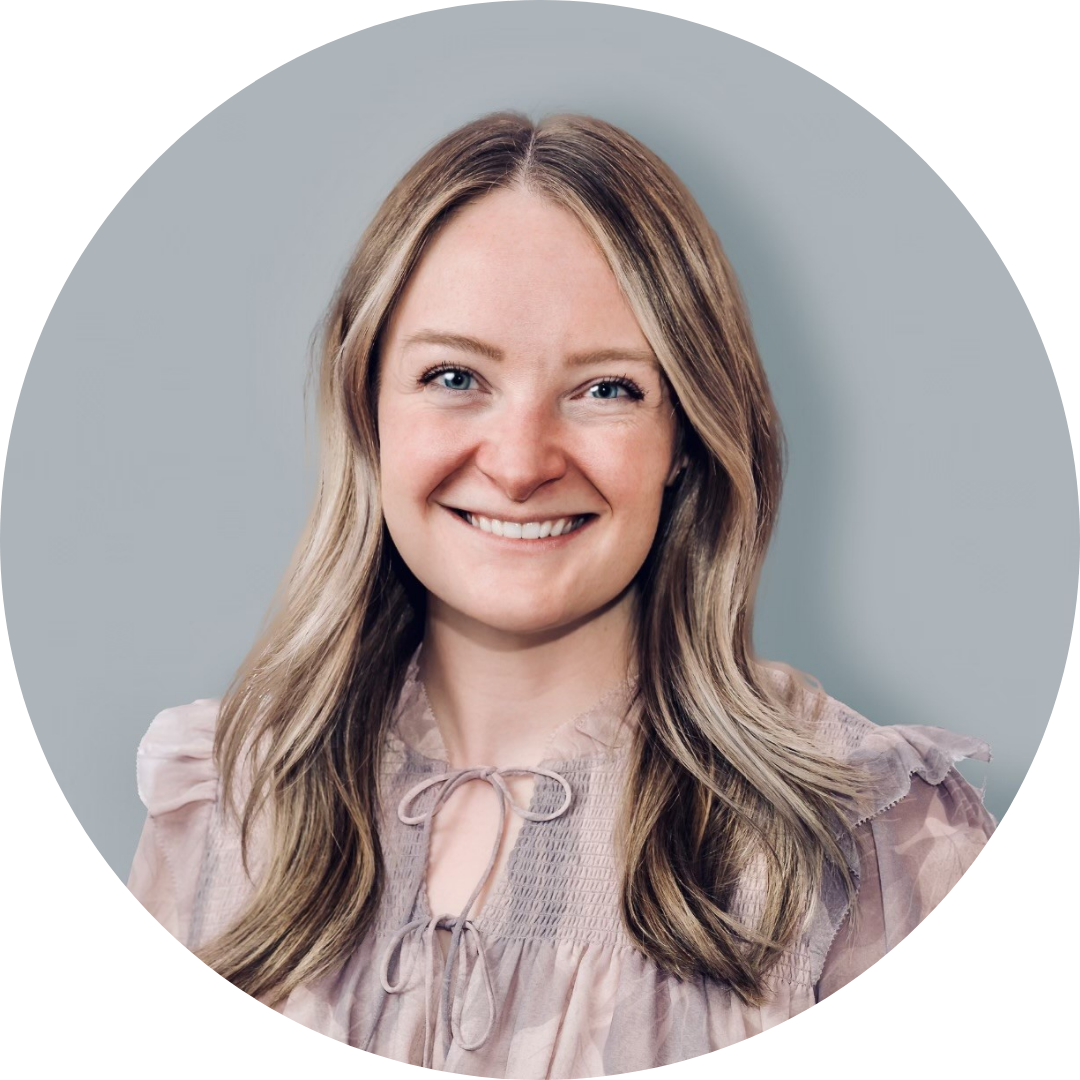
Amy Tatterton (she/her) – Amy Tatterton is the Director of Learning and Connection at The Sinneave Family Foundation. Amy provides leadership to the foundation’s various learning activities and community engagement initiatives. This work helps Sinneave fulfill its mission of reducing barriers and enhancing opportunities for Autistic and neurodivergent youth and adults. Amy holds a Master of Education in Interdisciplinary Studies from the University of Calgary with a concentration in Educational Research and has personal and professional experience serving the disability community in a variety of environments including sport, post-secondary supports, pediatric behaviour intervention, early childhood learning management and now adulthood transition support.
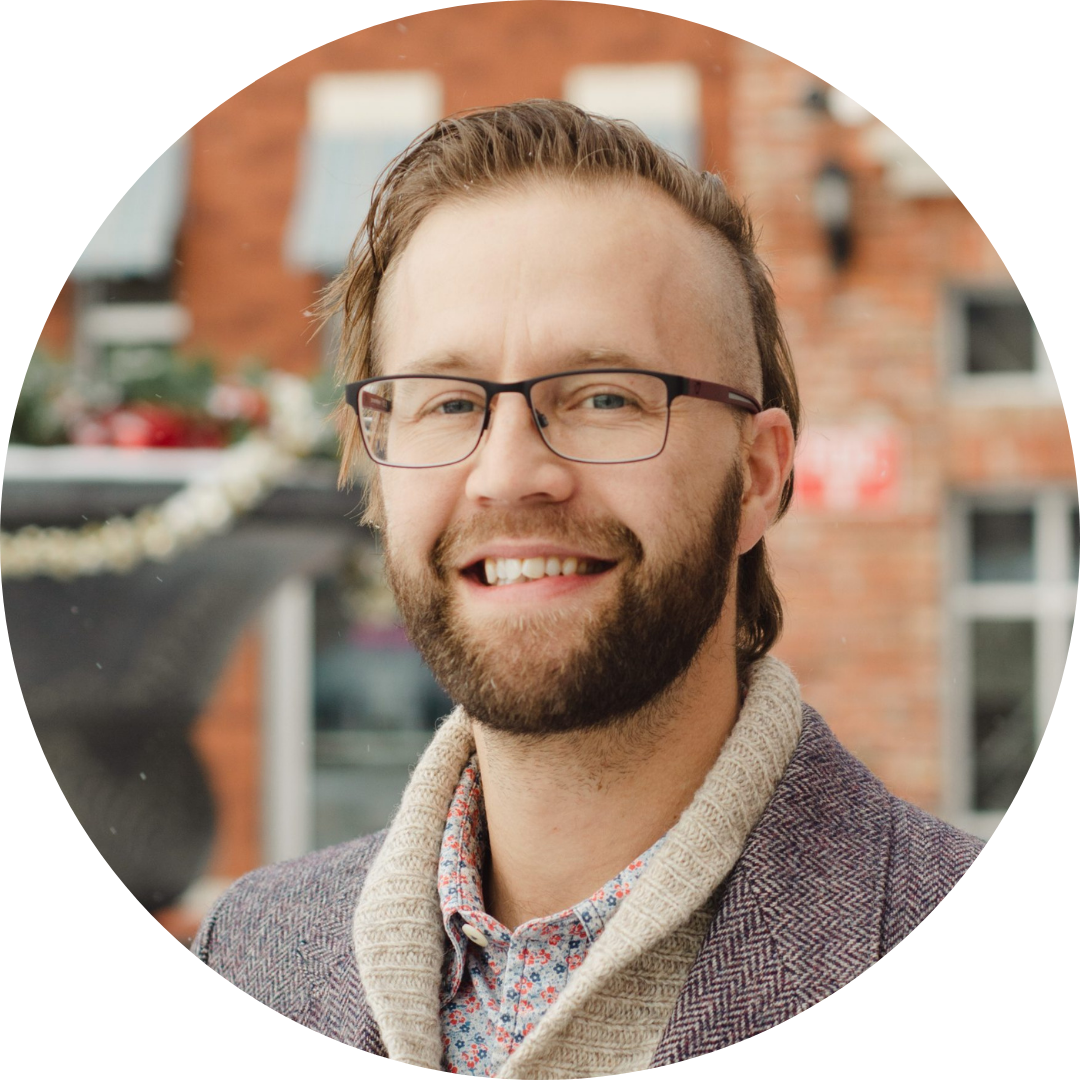
Drewe Rowbotham (he/him) – Drewe Rowbotham is the Housing Coordinator for Autism Edmonton and facilitator and curator of the Autism Housing Network of Alberta (AHNA) with the Autism Society of Alberta. He is also a Board Member of the Autism Independent Living Association (AILA). He is a B. Ed graduate with distinction from the University of Alberta and has been in the business of housing for over 15 years since becoming a “land steward” aka landlord. His professional career as a Housing Navigator began with e4c as an Arts and Education Facilitator in a Group Home for At-Risk Youth. He has since fulfilled numerous roles to support ending homelessness, including: Follow-up Support Worker, Rapid Re-Housing manager, Intensive Case Management manager, Diversion manager and Landlord Relations Specialist. Drewe is pleased to serve autistic and neurodiverse individuals in improving the access to and quality of housing.
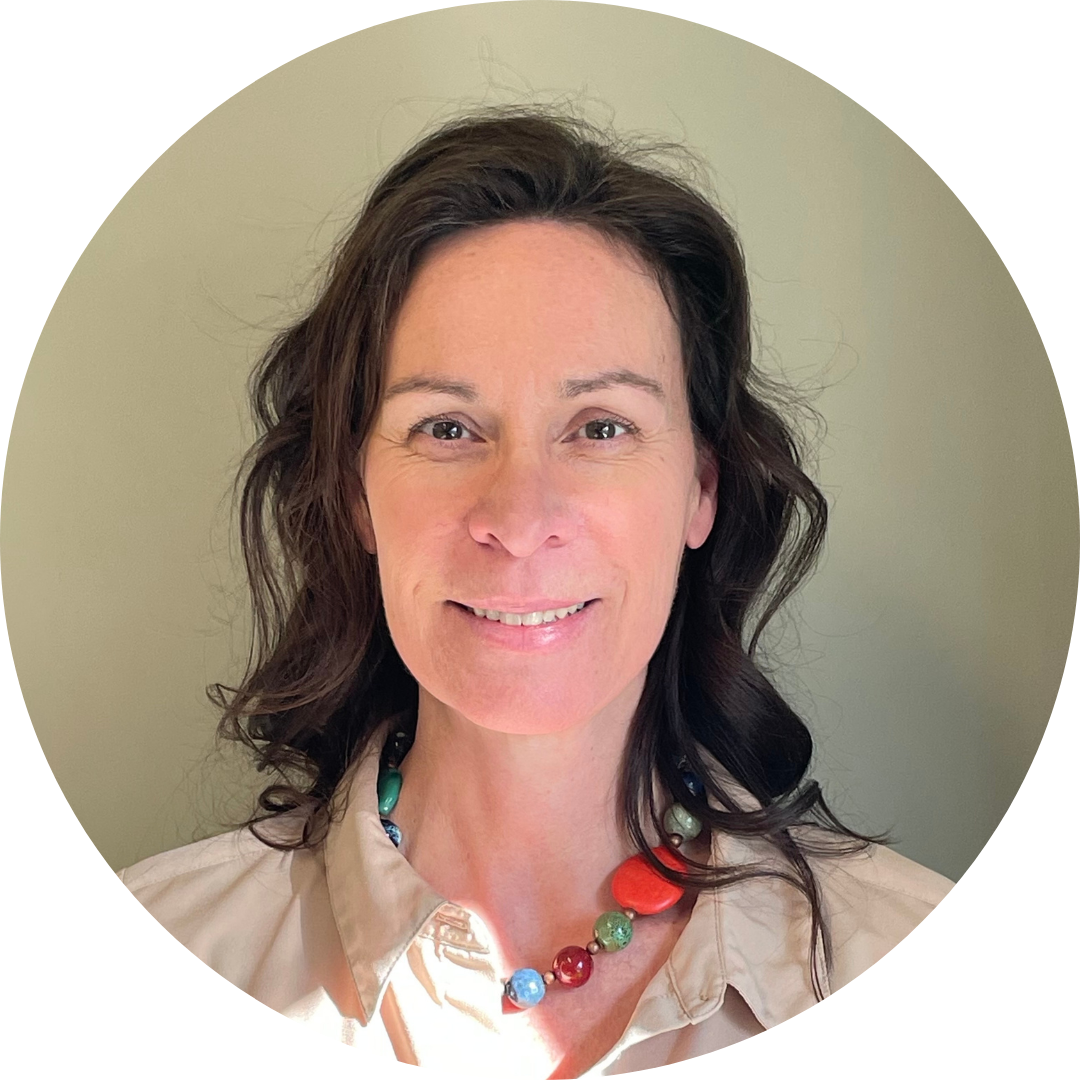
Cheryl Selinger – Cheryl Selinger is a Project Manager in Policy & Strategy, Housing Solutions at The City of Calgary. In previous roles, Cheryl managed data and research in transportation, planning, and affordable housing, and from 2011-2019, she co-led the affordable housing research program for Calgary Housing. In 2021, Cheryl completed a Master of Public Policy degree at the University of Calgary’s School of Public Policy. Her graduate research focused on Canadian housing policy for Albertans with intellectual and developmental disabilities. Cheryl has a strong personal connection to the neurodiverse community and has been advocating for inclusive public policy for over a decade in both her personal and professional life.
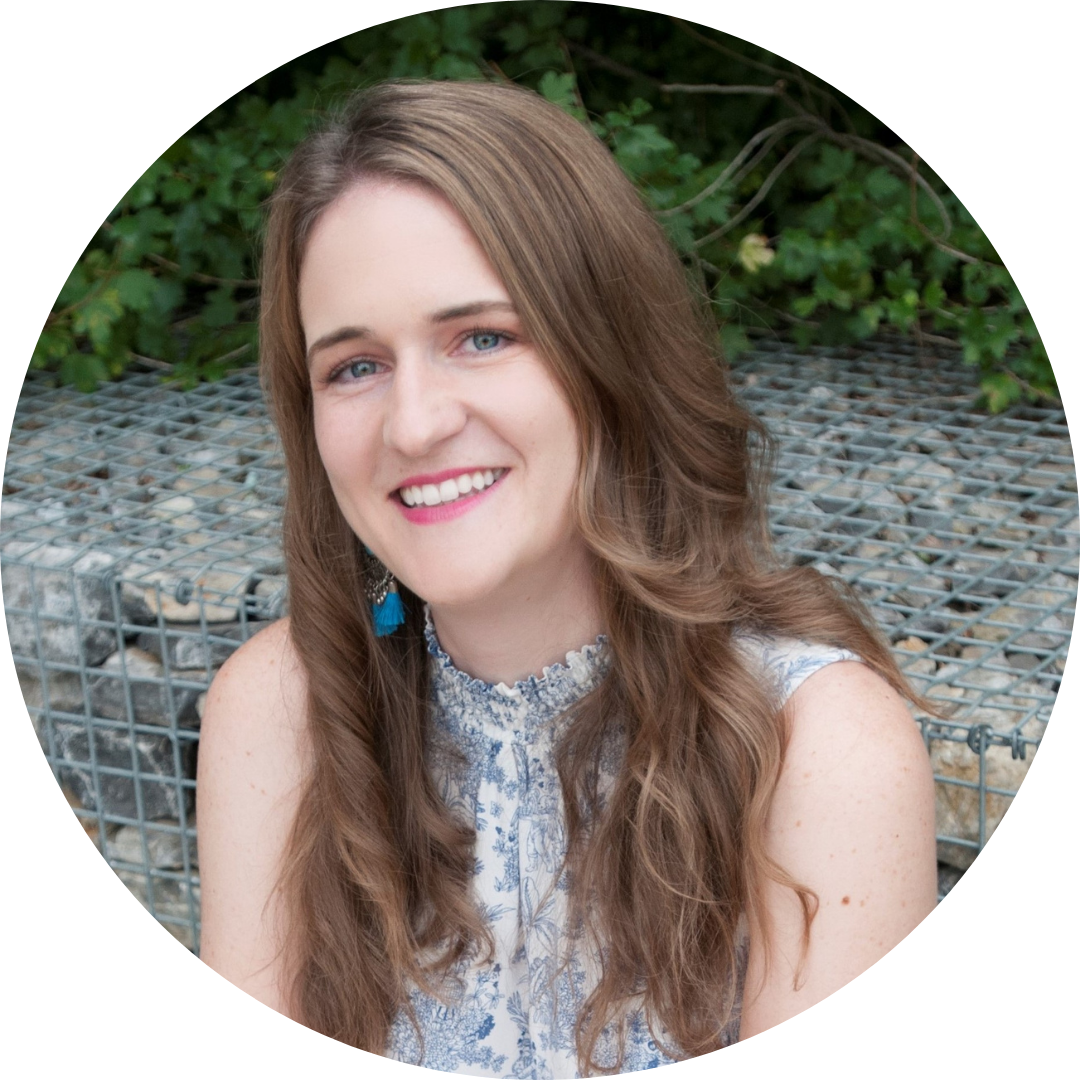
Nicole Wilke (she/her) – Director, Policy & Strategic Planning, Civida. Nicole Wilke joined Civida in May 2022 as the Director, Policy and Strategic Planning. She has a strong background in policy development and knowledge mobilization from her time at the Government of Alberta and Strathcona County. In 2019, Nicole returned from Berlin, Germany where she completed her master’s degree in business psychology.
Day Two
Master of Ceremonies
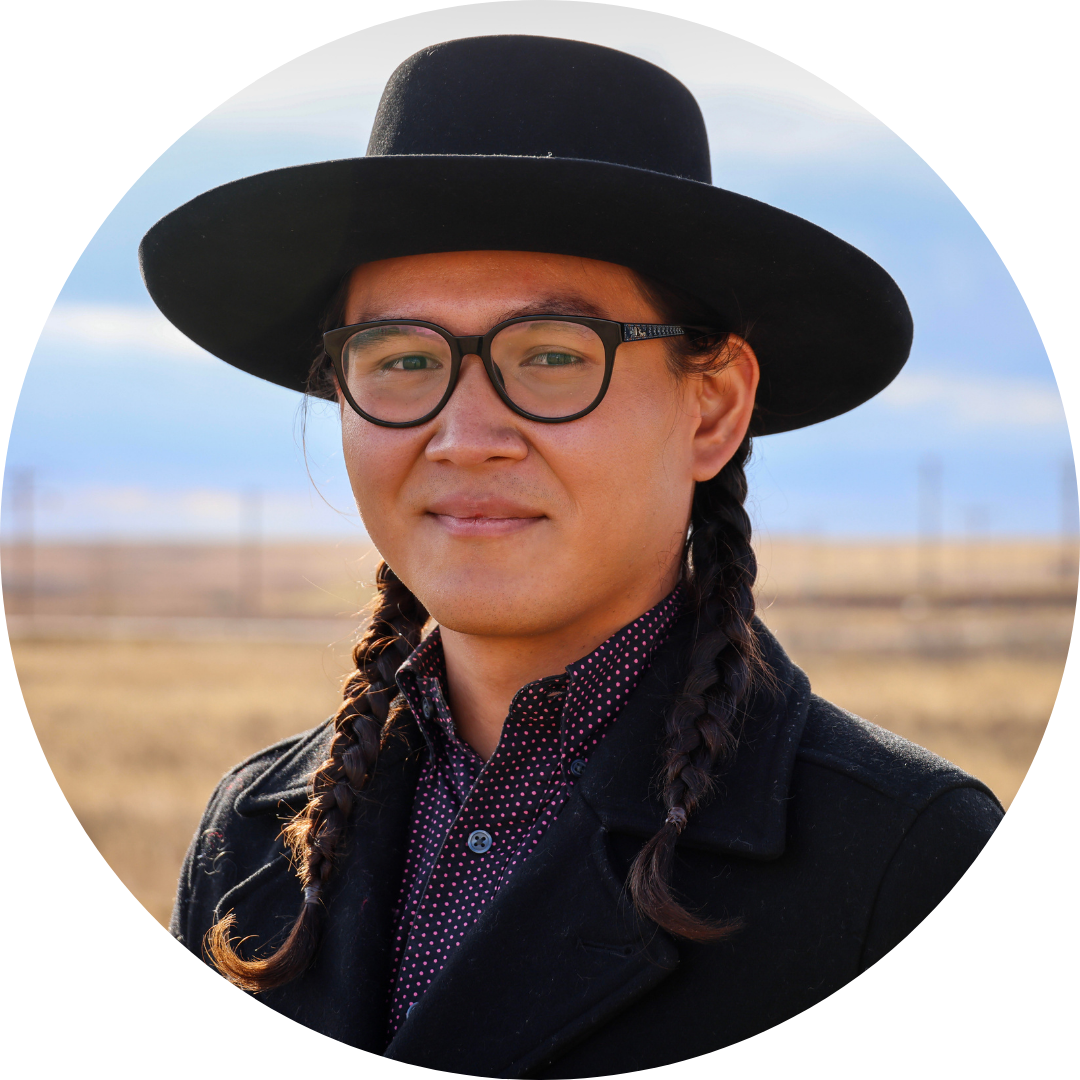
Ryan Running Rabbit – Creative Storyteller – Ryan is from Siksika Nation and is a dogged creator with a passion for story building and data collection. Ryan graduated from SAIT’s Radio, Broadcast and Television Program in 2017. Ryan continues to grow with the technological advancements of the communications and news media industry.
Raising Our Children in Love – Akomimoksin and Sâkihitowin
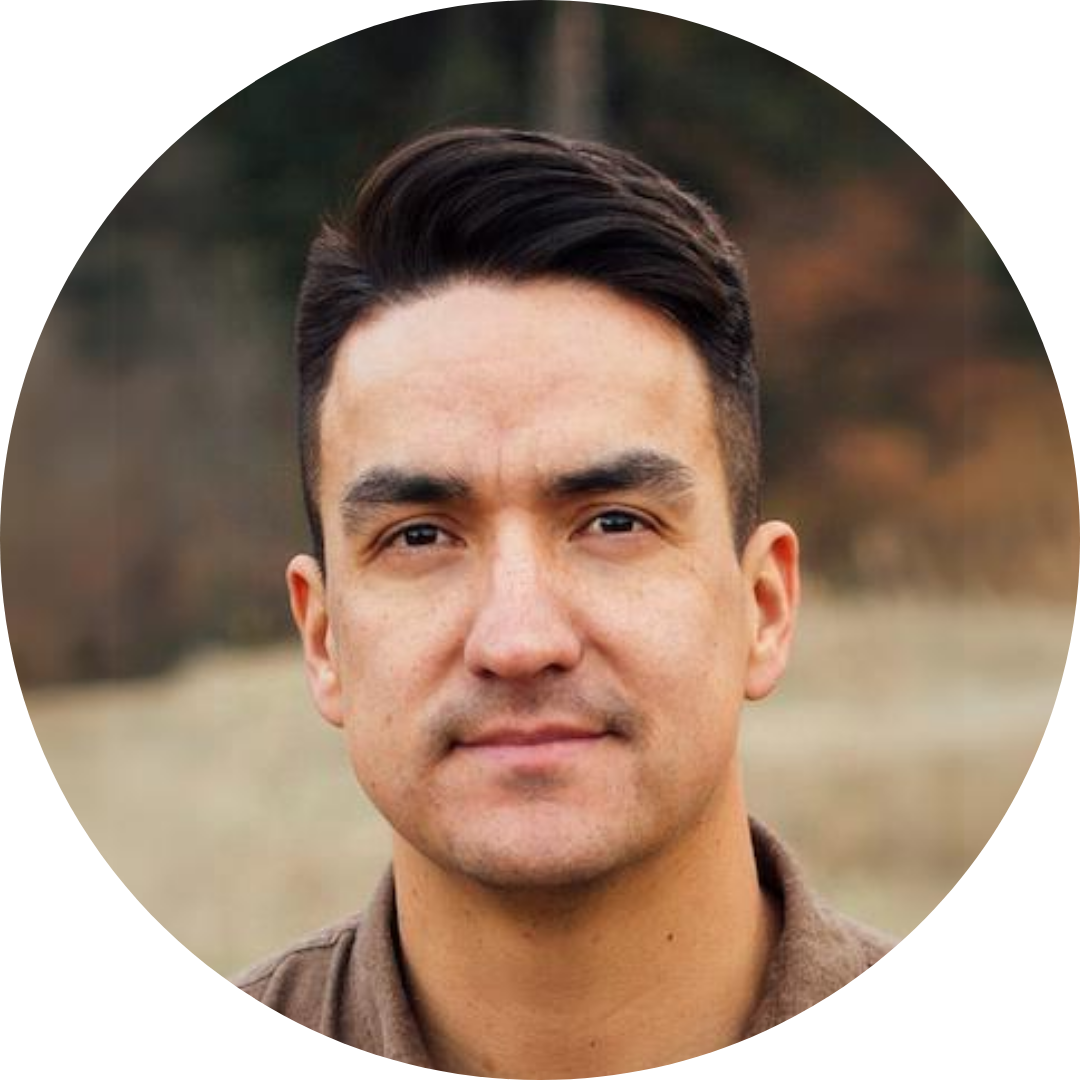
Grant Bruno, PhD Candidate – Grant Bruno is a father to four amazing children, two of which are on the autism spectrum. Grant is a registered member of Samson Cree Nation, one of the reserves that makes up Maskwacis, Alberta. He is a PhD candidate in Medical Sciences – Pediatrics at the University of Alberta. His PhD research will explore redefining autism from a Cree lens, gathering stories with families and individuals who have experiences with neurodiversity using a strength-based approach, as well as gathering data on the perspectives of autism in Maskwacis. His philosophy is that autism is an adventure and is something to be embraced.
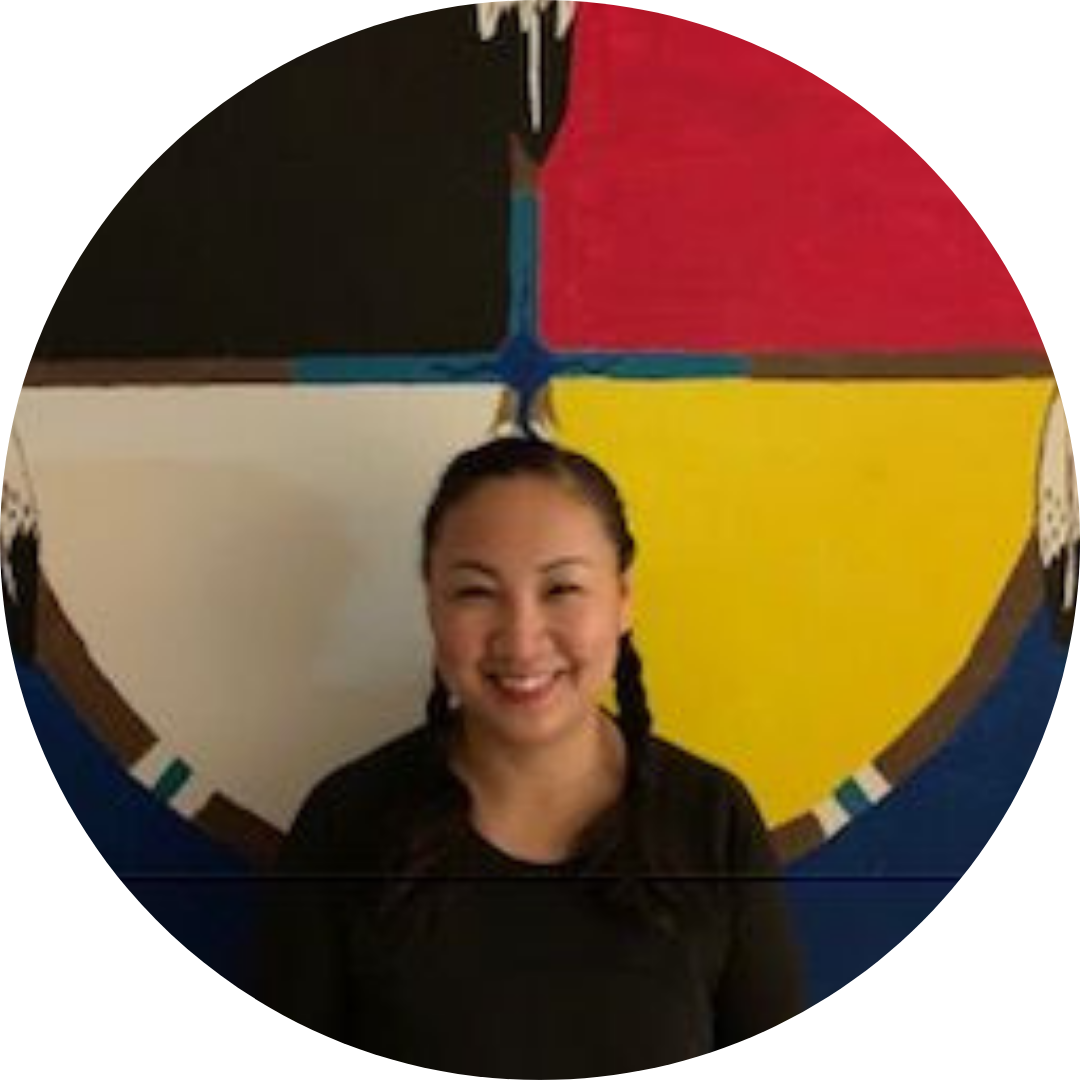
Pearl Yellow Old Woman-Healy, PhD – Dr. Pearl Yellow Old Woman-Healy is a member of the Siksika Nation and is a mother of an adult child with Autism. She is a PhD graduate of the Community Health Sciences Program specializing in Community Rehabilitation and Disability Studies from the University of Calgary. Pearl was the graduate representative for the AIM-HI Network that provides mentorship for Indigenous scholars to pursue and build capacity in health research. Her community-based research focused on Siksikaitsitapi informed health and wellness for Siksika children with disabilities. Her recent accomplishments, life experiences, advocacy work and community engagement have influenced her leadership skills and demonstrate her passion in building relationships, fostering connections, and deepening understandings that will enhance culturally competent health care for Indigenous children.
Caregiving Panel: Community-Centred Caregiving Perspectives on Autism
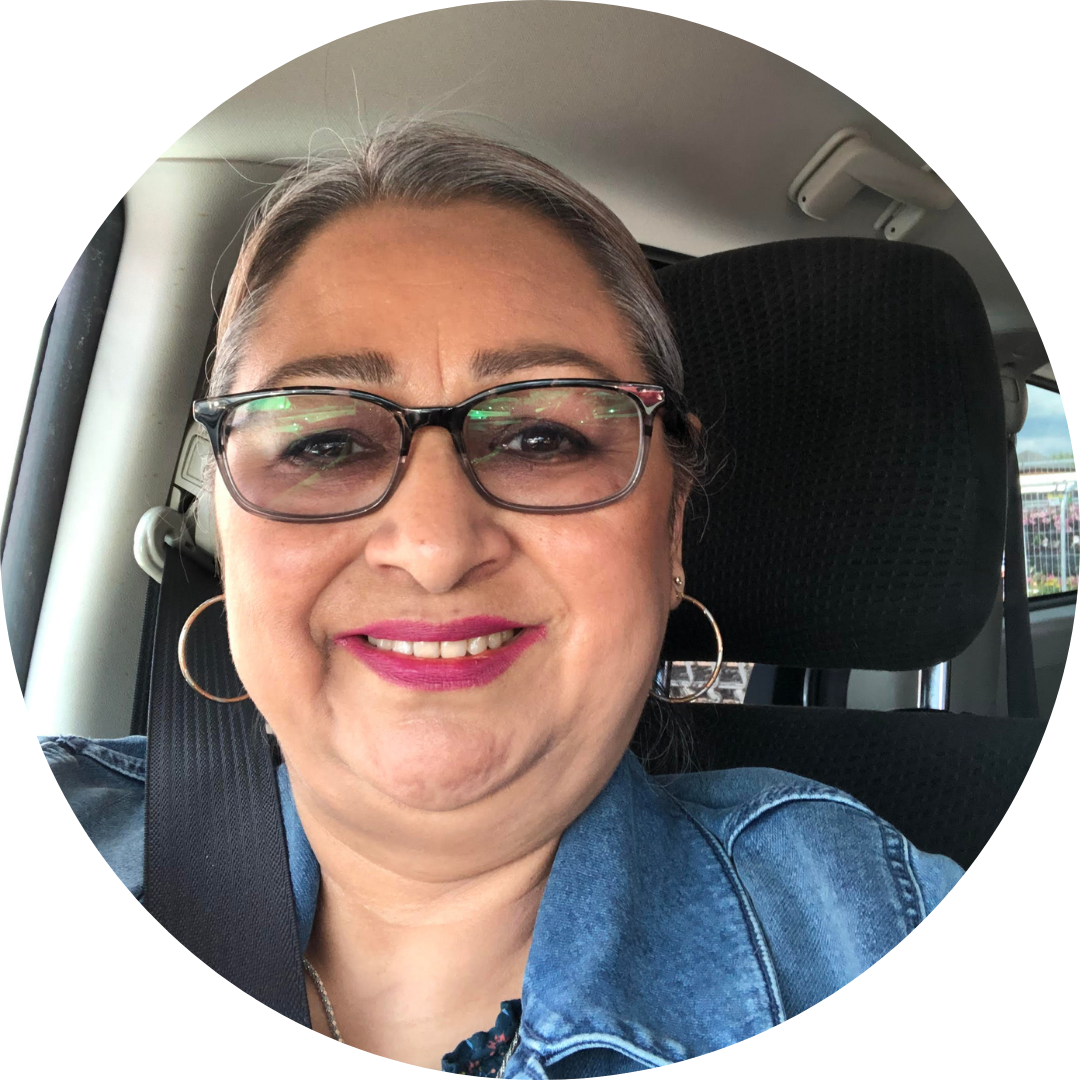
Juliette Auger – Peavine Métis Settlement and Whitefish Lake First Nation
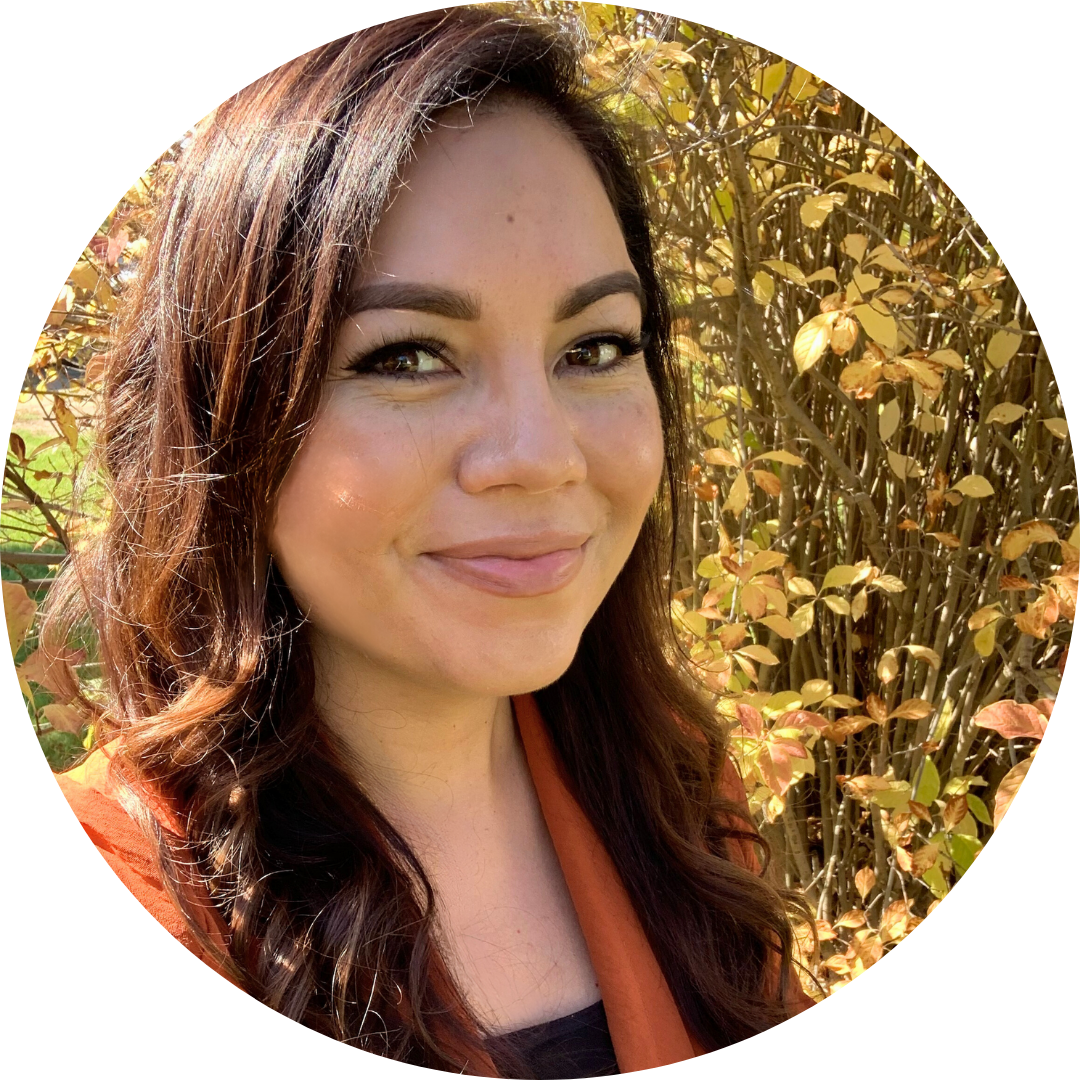
Kristen Swampy – One Arrow First Nation
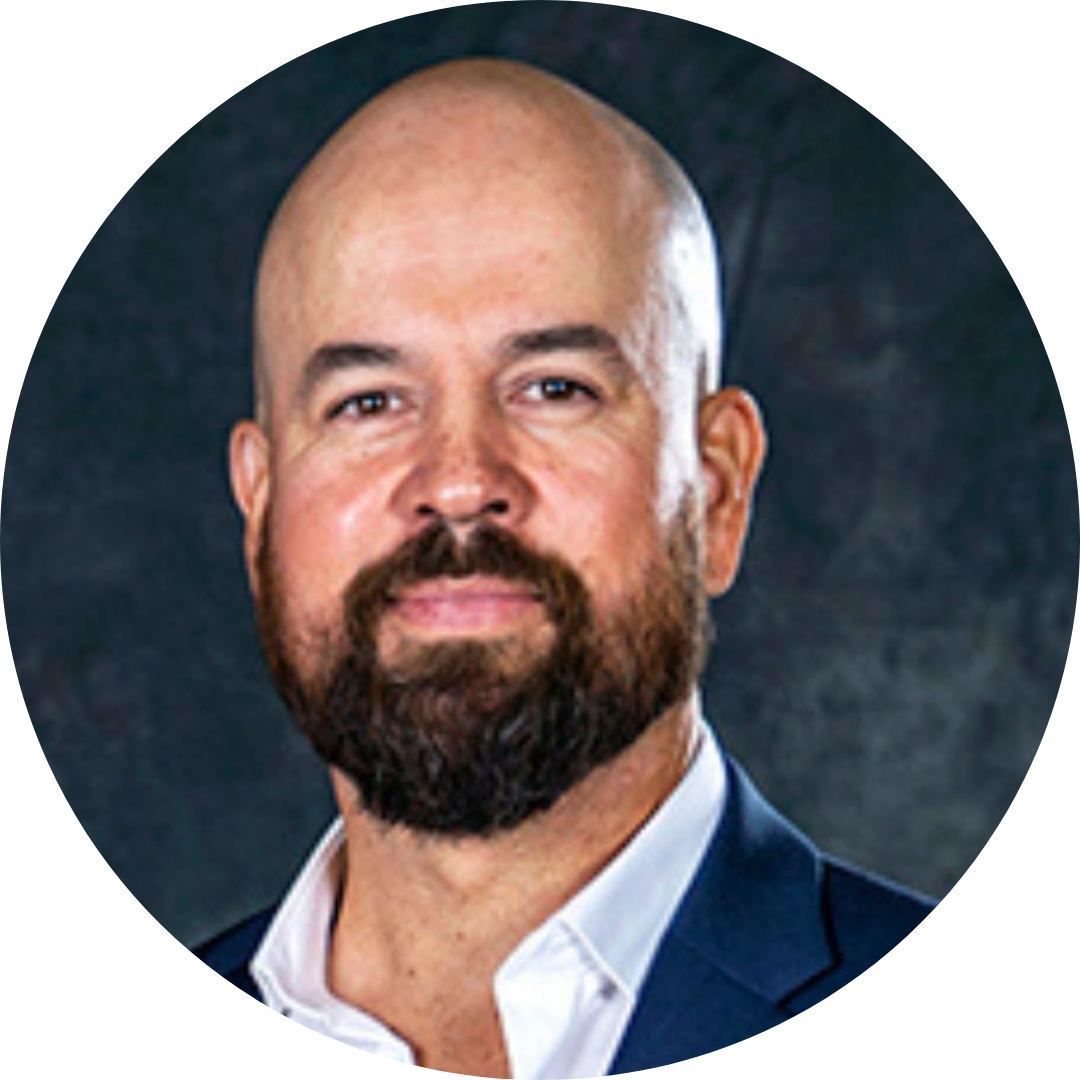
Mario Swampy – Samson Cree Nation, Maskwacis, Alberta
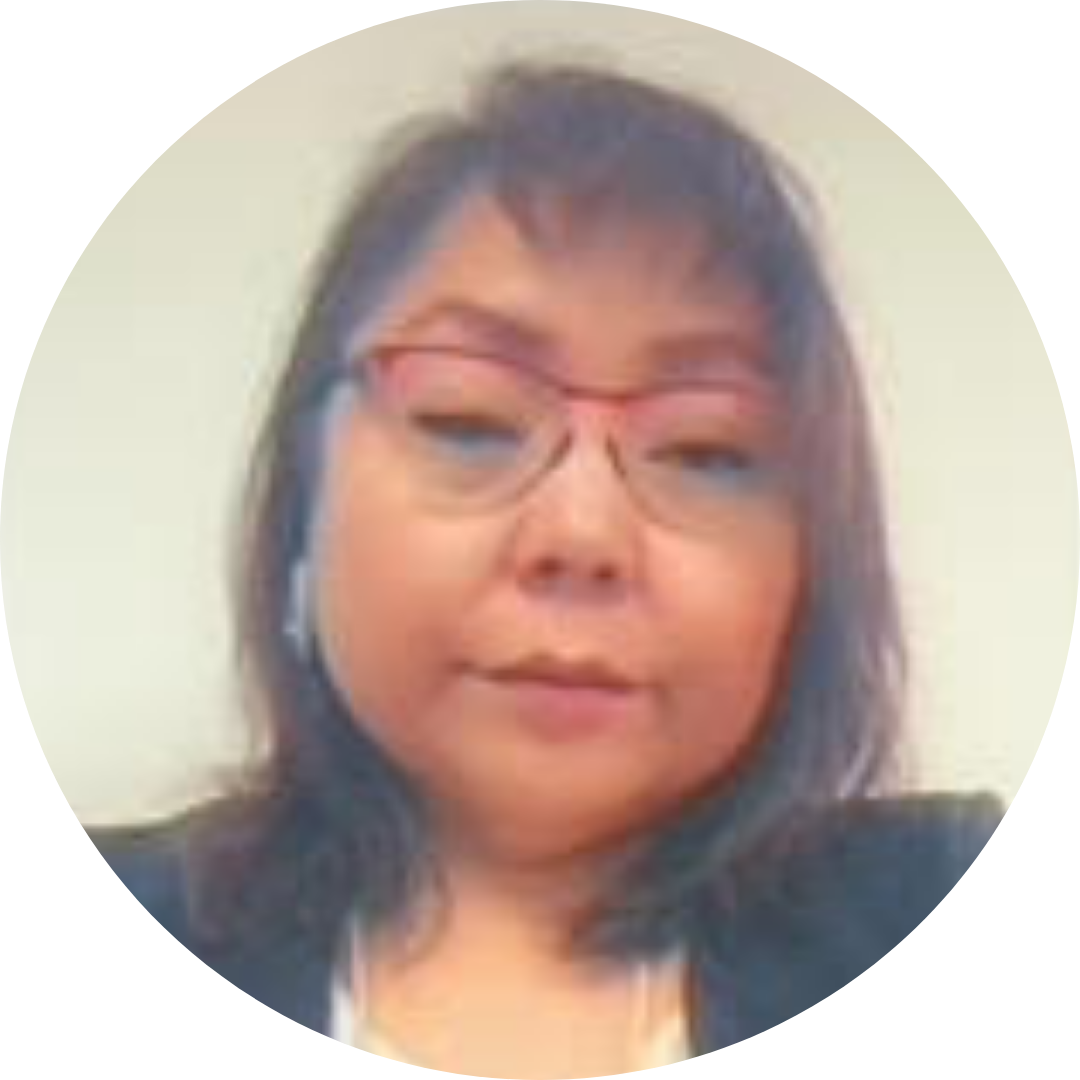
Pahtsikainhkii (Softly Singing) – Marianne Wolf Leg – Siksika Nation
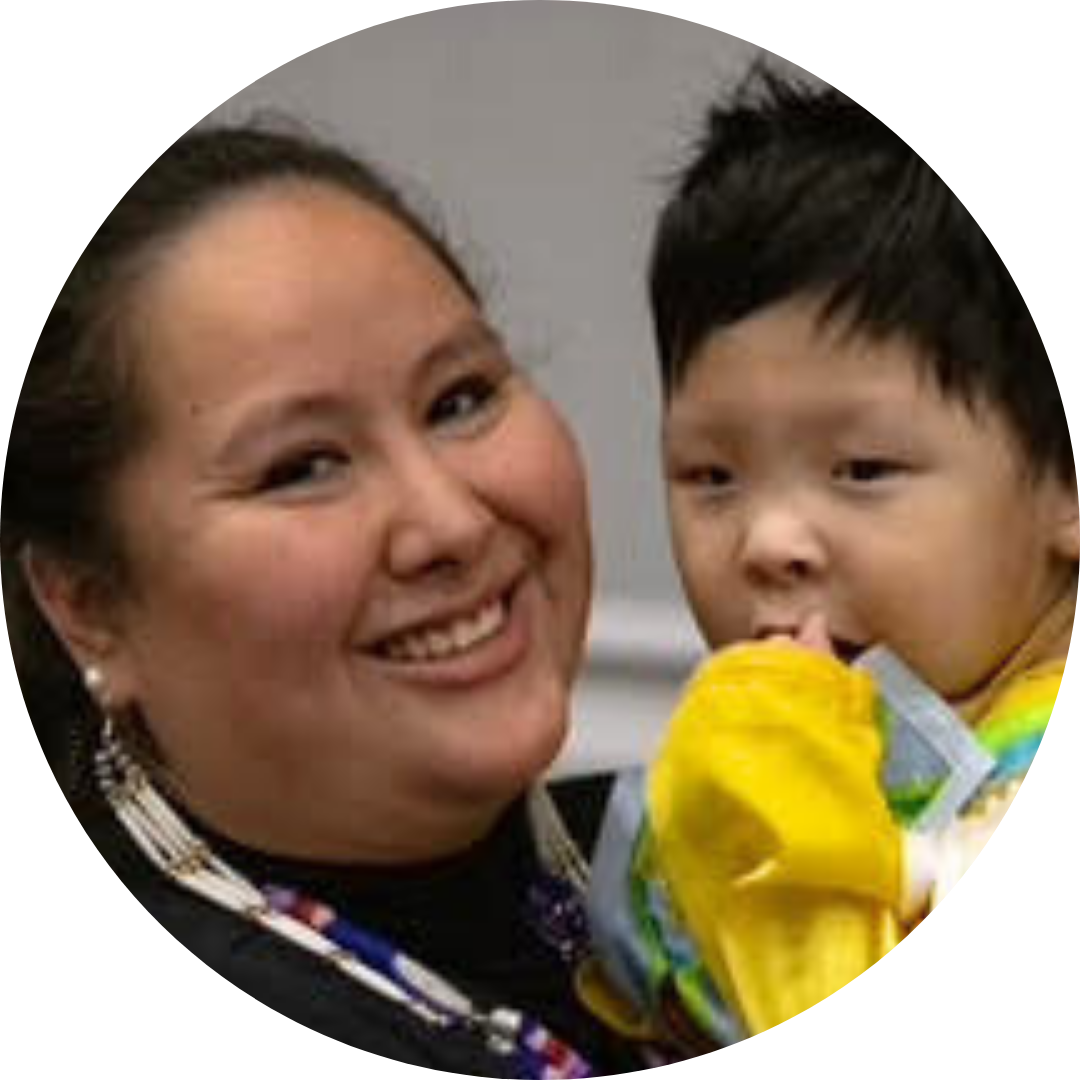
Liana Wolf Leg – Siksika Nation
Cultural Event
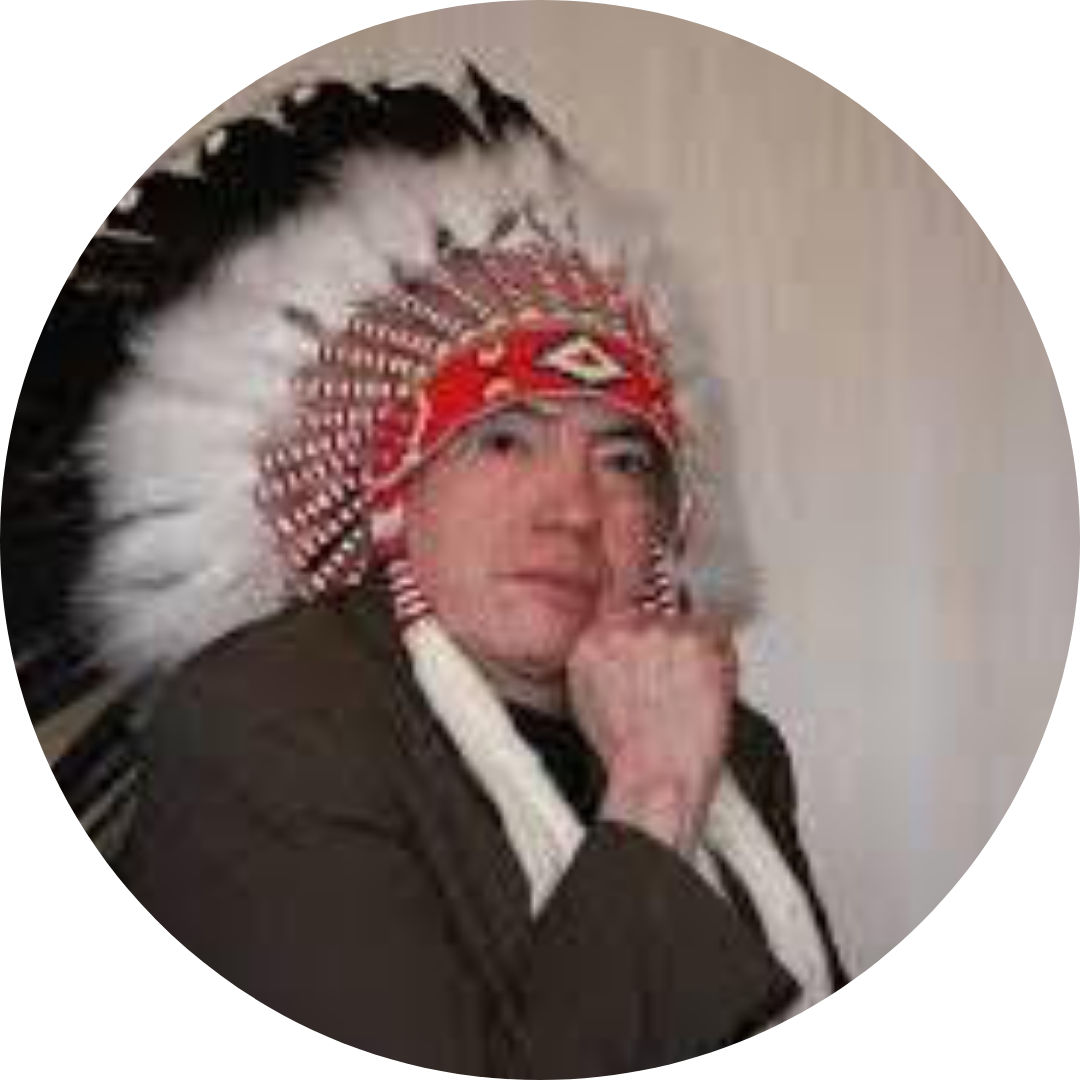
Vincent Yellow Old Woman – Dr. Vincent Yellow Old Woman was previously the Chief of Siksika Nation, the second largest reserve in Canada in land base. He was born and raised there and is a fluent Blackfoot speaker. Vincent is a residential school survivor and educates on the impacts of residential school to worldwide audiences and advocates to promote reconciliation through healing. A national traveling play name “New Blood” depicts his childhood experience during his residential school years. He travels extensively as an elder giving spiritual counsel throughout North America. Chief Vincent demonstrates leadership in various local, national, and international levels through his mentorship in education, reconciliation, and cultural awareness. He often travels to powwows with his family and shares his expertise in sharing the Blackfoot culture.
Indigenous Autism in Global Contexts
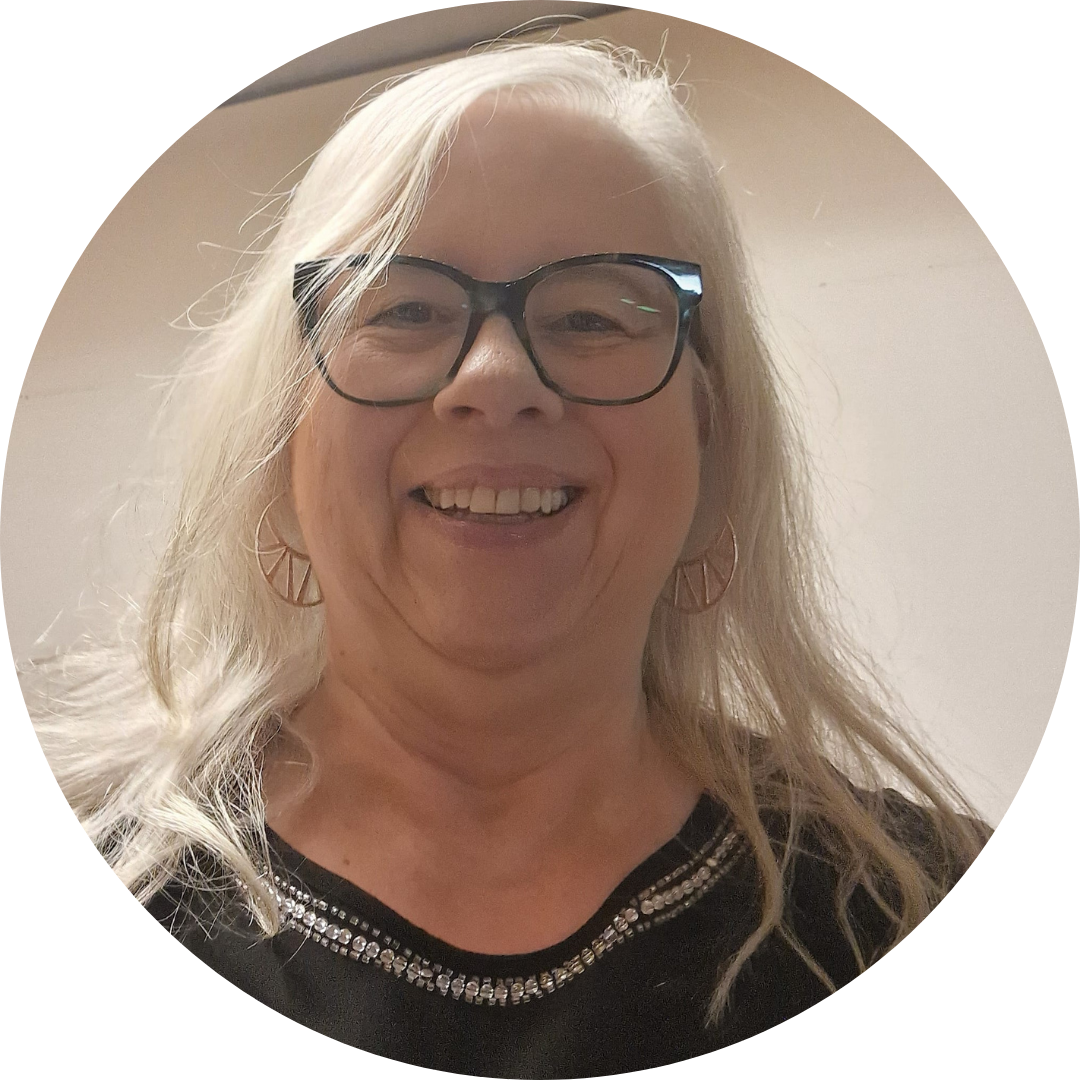
Anne Lindblom – Professor Anne Lindblom is a Swedish researcher who grew up in Vancouver, Canada. After a colorful career as hairdresser and reporter among other things, she entered Academia in her late 30’s. Lindblom is a music therapist, teacher in music and English, special education teacher and has a PhD in psychology. Her dissertation was about the meaning of music for five First Nations children with autism. Lindblom was able to do this research thanks to her stepmother and sisters from the Lake Babine Band in B.C. Since then she has advanced in teaching and research and is now a full professor of special education at the Inland Norway University of Applied Sciences and the Sámi University of Applied Sciences in Kautokeino, which is the only higher education institution where everything is taught in the Indigenous north-Sámi language. Among other things, Lindblom’s research interests are inclusion, teacher education, autism, Indigenous and Indigenist special educational practice and research.
* Please note that presenters and panelists are subject to change
